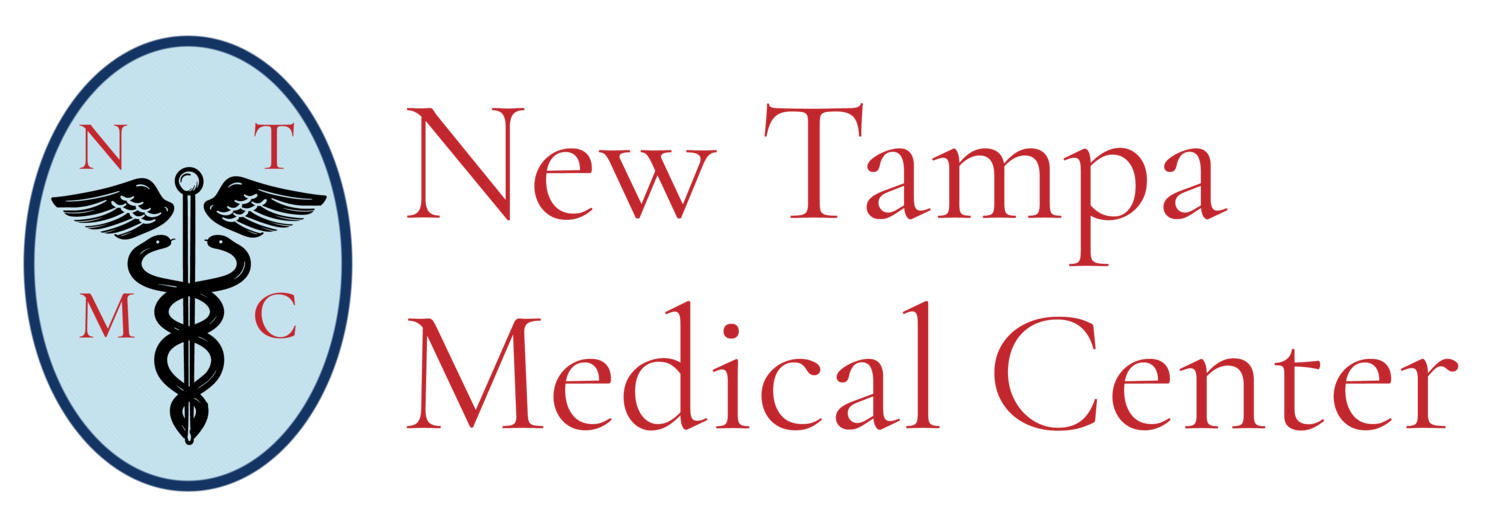Let’s Get Those Numbers in Check.
Regular monitoring and management strategies are essential for maintaining optimal health and effectively addressing various medical conditions.
By consistently tracking key health indicators, such as blood pressure, blood sugar levels, or disease-specific markers, our healthcare providers at New Tampa Medical Center can identify changes early on, often before symptoms worsen.
This early detection enables timely intervention, preventing the progression of conditions and reducing the risk of complications.
What’s causes high blood pressure, diabetes, and high cholesterol?
Hypertension, or high blood pressure, can result from various factors, including genetics, unhealthy lifestyle choices (poor diet, lack of exercise), stress, and certain medical conditions.
Diabetes is a condition that develops when the body's cells don't respond properly to insulin, and/or there is insufficient insulin production by the pancreas. This results in a build up of sugar, or glucose, in the blood.
High cholesterol is the result of too much cholesterol in the blood. This can be a result of eating too much fatty food, not exercising enough, and it can also run in families.
Yes, you can feel better, naturally.
Maintaining an active lifestyle is an important part of preventing and treating chronic health conditions like diabetes, high blood pressure, and high cholesterol.
Engaging in physical activities with friends or family can add a social component, making it more enjoyable. Listen to your body, stay hydrated, and find opportunities to stay active throughout the day.
-
Start by incorporating activities you enjoy into your daily routine. Set realistic goals, gradually increasing intensity over time.
-
Lifestyle changes are usually recommended to treat diabetes, high blood pressure, and high cholesterol, before medication therapy.
In addition to being active, quitting smoking, losing weight, reducing stress, and limiting alcohol intake are also key lifestyle changes.
Diets high in fruits and vegetables, lean protein and whole grains, and low in salt and fat can help with managing these conditions. In addition, it’s important to get the recommended amounts of Vitamin C, Vitamin D, magnesium, and calcium. Getting these vitamins through your diet is a better alternative to multivitamins.
-
Regarding medications, understanding your medications and their purpose, and taking them as instructed is crucial. Set reminders, incorporate medication into daily routines, and communicate openly with your healthcare providers about any challenges and/or side effects you experience. Tools like pill organizers can help you stay organized, and involving a support system can help to keep you on track.





